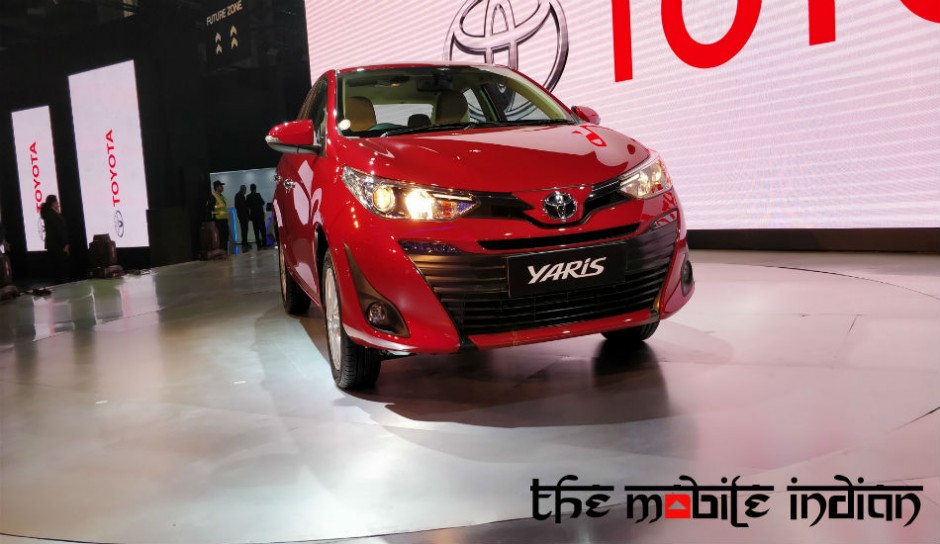The effect of pandemic is already making its presence felt in the global auto industry, with a slew of companies this week sharing their figures from the first quarter of 2020, which suggests things are likely to get worse in Q2 this year. Indian car brand Maruti Suzuki announced that its net sales for the quarter went down by 17 percent to Rs 17,185.7 crore in comparison to the previous year. The brand sold a total of 3,85,025 vehicles, which was down by 16 percent compared to 2019.
While Japanese car maker Toyota said it expects profit to drop by a whopping 80 percent, its lowest in nine years, which comes on the back negative impact of the coronavirus which has shunned global demand for vehicles. The coronavirus has dealt us a bigger shock than the 2008 global financial crisis,” Toyota President Akio Toyoda was quoted saying in a Reuters report this week.
Meanwhile, the impact was also felt by luxury car maker Aston Martin which posted a quarterly pretax loss of $146 million after its sales dropped by a big margin as people stopped buying cars. It has reported losses percentage of around 31 percent compared to 2019.”COVID-19 and the resulting global economic shutdown has had a material impact on our performance this quarter,” said Chief Executive Andy Palmer.
Add Honda to this list, which also confirmed its weakest annual profit in over four years. The company saw a sales drop of 28 percent in the quarter compared to 2019.
Grim situation likely to continue
These developments come on the back of zero sales reported by most Indian auto manufacturers for the month of April during which the country was put on lockdown. This eventuality has been caused by the stringent lockdown owing to COVID-19 across the country, which has halted production of two, three and four-wheelers, as well as stopped people from visiting showrooms to buy new bike or cars.
The cycle was more or less initiated since the lockdown was imposed from 24 March onwards. But even prior to that, the auto sector was trying to find a solution for selling the existing BSIV stock, which has been lying unsold, since the government ordered the country’s auto manufacturers to upgrade their vehicles to BSVI engine.
Gradually, the brands are opening their businesses and they are innovating with their retail models, by opening online sale platforms, and door-step delivery of cars to attract buyers. But most of them are hesitant to make forecasts for the coming months, without knowing how the demand will pan out from consumers.


